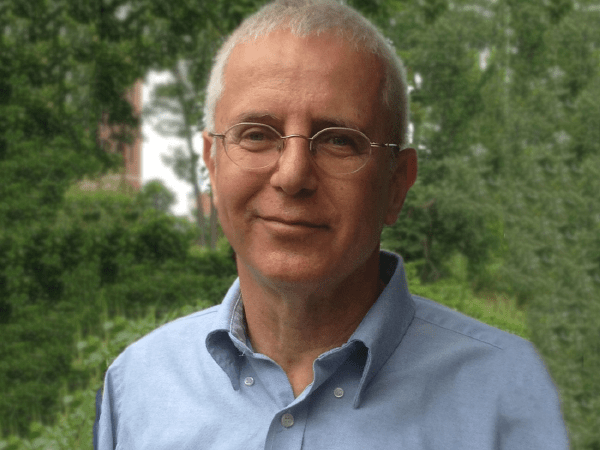Cedars-Sinai investigators have discovered how the liver defends itself against cancer. Their study, published in the peer-reviewed Journal of Hepatology, suggests targets for therapies to protect the liver both from cancers that originate there and cancers that spread to the liver from other parts of the body.
To access this subscriber-only content please log in or subscribe.
If your institution has a site license, log in with IP-login or register for a sponsored account.*
*Not all site licenses are enrolled in sponsored accounts.
Login Subscribe
If your institution has a site license, log in with IP-login or register for a sponsored account.*
*Not all site licenses are enrolled in sponsored accounts.
Login Subscribe








